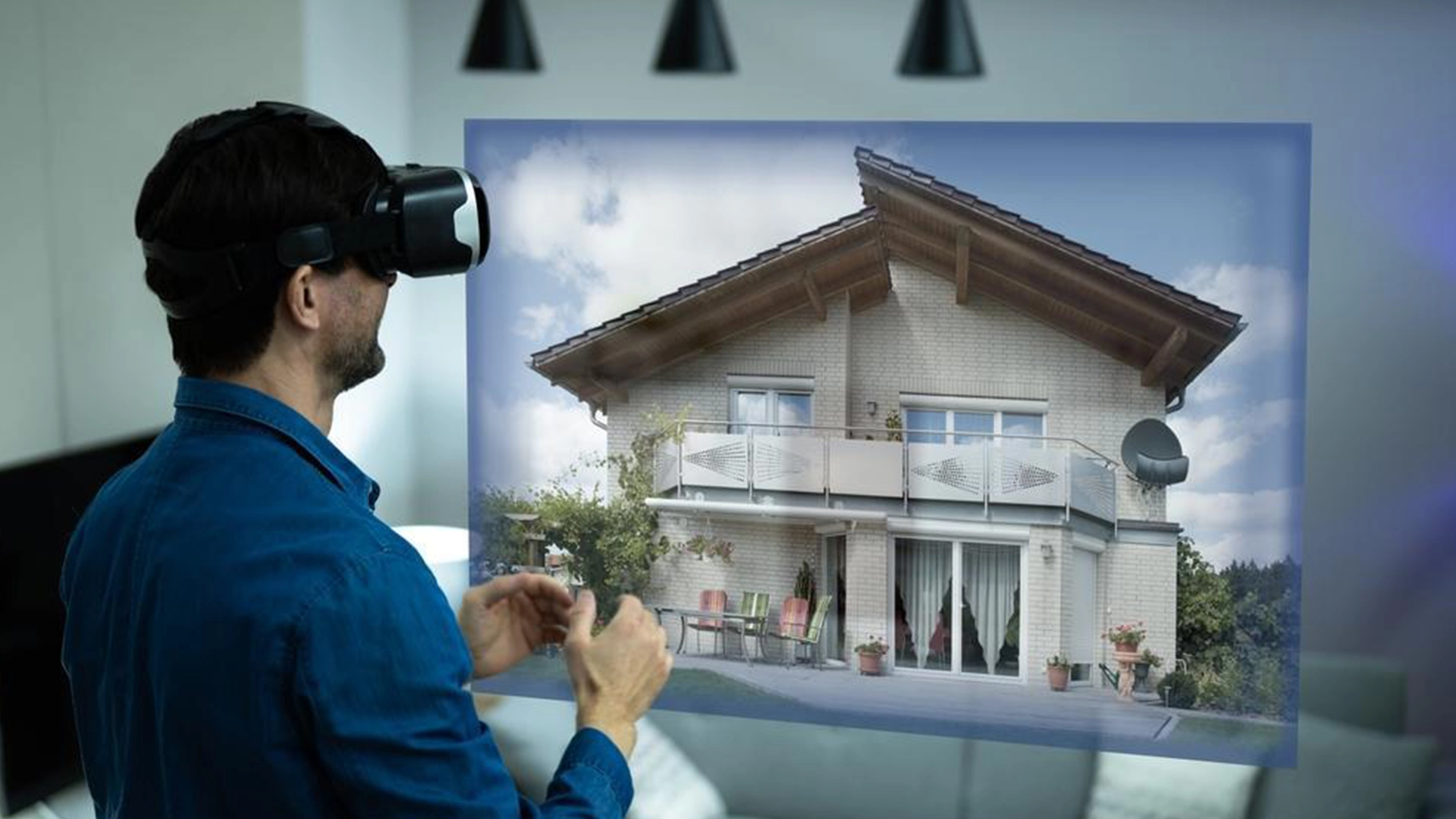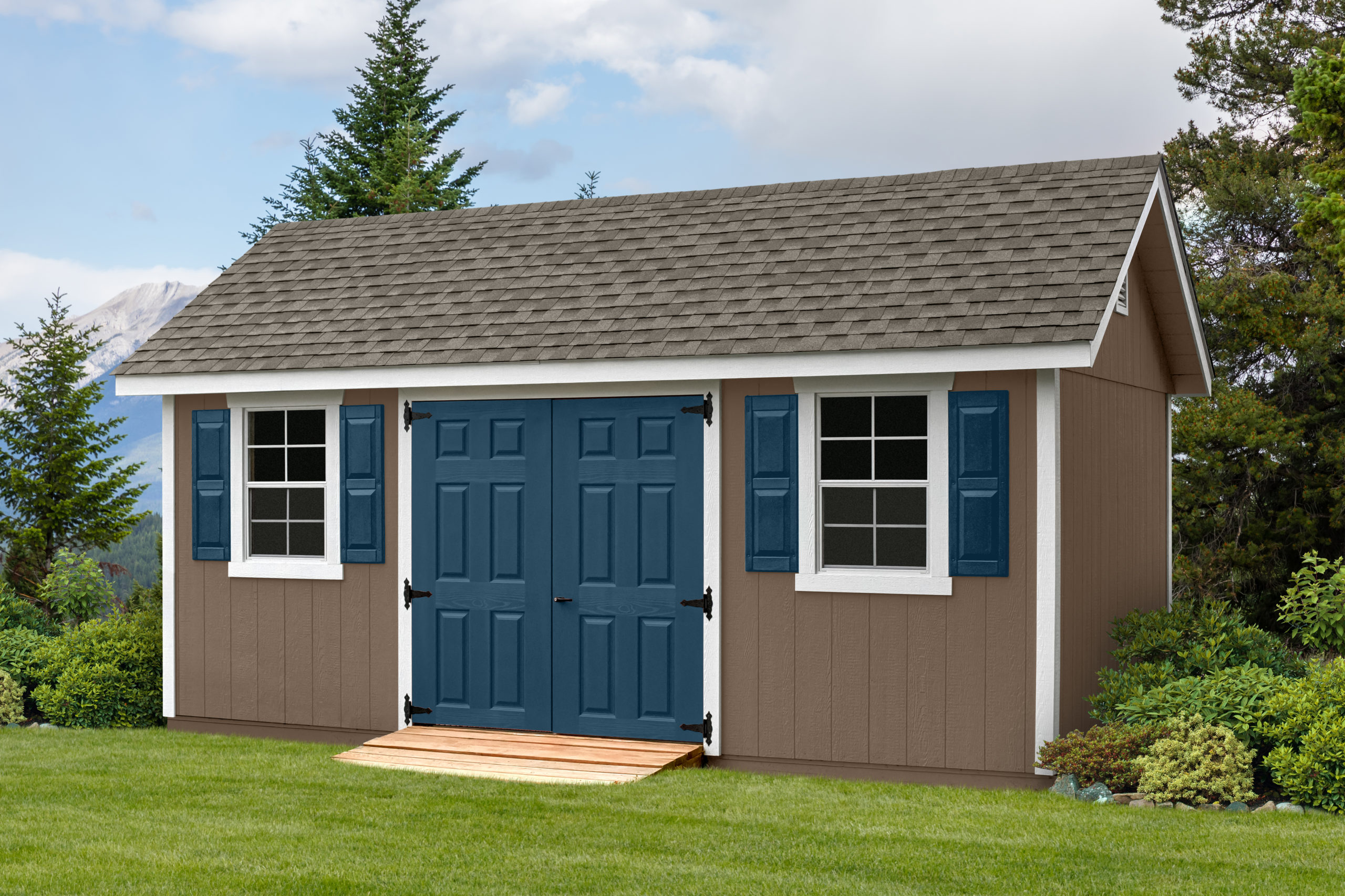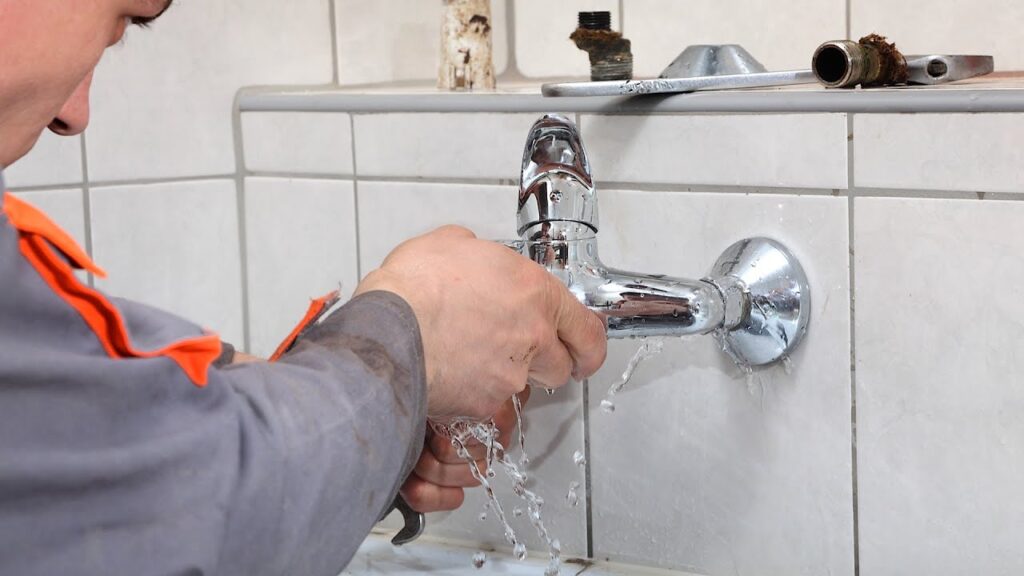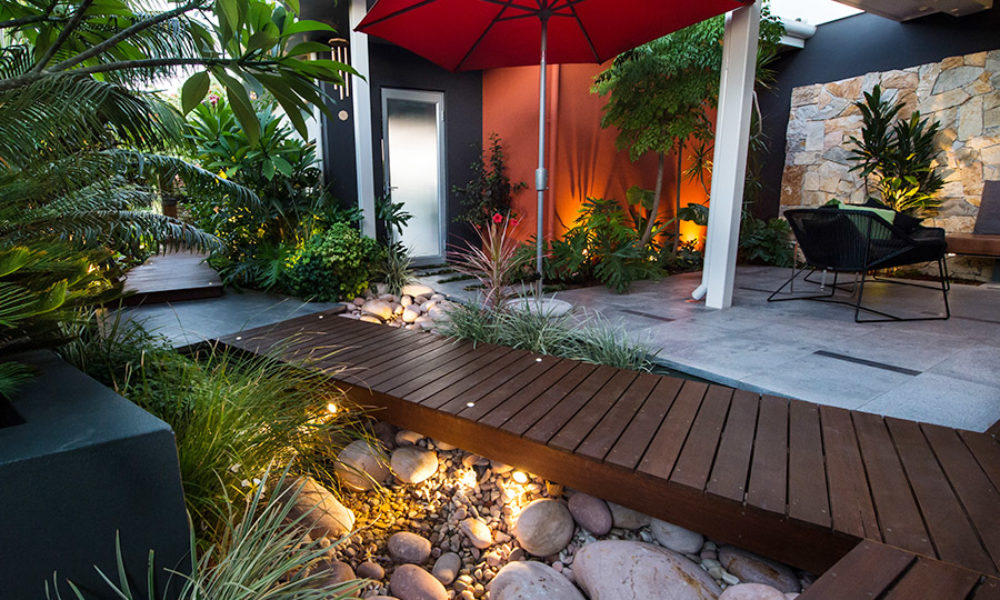When selecting windows for a home, the choices can be overwhelming. Vinyl windows, wood windows, aluminum windows, and fiberglass windows each offer distinct advantages and drawbacks. Making an informed decision requires understanding these differences to determine which material best suits your needs. This comprehensive guide will explore the pros and cons of vinyl windows compared to other materials, helping homeowners make the best choice for their unique situations.
Vinyl Windows: Durable and Cost-Effective
Vinyl windows have become increasingly popular due to their durability, low maintenance, and affordability. Made from polyvinyl chloride (PVC), these windows are resistant to moisture, rot, and insects, making them an excellent option for various climates.
Advantages of Vinyl Windows:
- Affordability: Vinyl windows are typically less expensive than wood or fiberglass, making them an attractive option for budget-conscious homeowners.
- Energy Efficiency: Vinyl windows often feature multi-chambered frames that enhance insulation, reducing energy costs.
- Low Maintenance: Unlike wood, vinyl does not require painting or staining. A simple wash with soap and water keeps them looking new.
- Durability: Vinyl is resistant to moisture, rot, and corrosion, ensuring longevity.
- Variety: Vinyl windows can complement any home design and are available in various colors and styles.
Disadvantages of Vinyl Windows:
- Aesthetic Limitations: While vinyl windows come in different colors, they can’t be painted. The color options are more limited compared to wood.
- Expansion and Contraction: Vinyl can expand and contract with temperature changes, potentially affecting the seal and insulation over time.
Wood Windows: Timeless Beauty and High Maintenance
Wood windows are often chosen for their classic beauty and ability to add a touch of elegance to any home. However, they require more upkeep compared to other materials.
Advantages of Wood Windows:
- Aesthetic Appeal: Wood windows offer a natural, warm look unmatched by other materials. They can be painted or stained to match any interior or exterior decor.
- Insulation: Wood is a natural insulator, providing excellent energy efficiency.
- Customization: Wood windows can be custom-made to fit any shape or size, offering flexibility in design.
Disadvantages of Wood Windows:
- Maintenance: Custom Windows require regular painting or staining to protect against moisture and pests. They can also be prone to rot, especially in humid climates.
- Cost: Wood windows are often more expensive than vinyl or aluminum.
- Susceptibility to Elements: Wood can warp, swell, or shrink with changes in humidity and temperature.
Aluminum Windows: Strength and Modern Look
Aluminum windows are known for their strength and sleek, modern appearance. They are often used in commercial buildings but can also be an excellent choice for residential properties. Read more about the reasons why aluminium windows are safe in this article.
Advantages of Aluminum Windows:
- Strength: Aluminum is a strong material that can support large panes of glass, making it ideal for modern, expansive window designs.
- Low Maintenance: Aluminum windows resist rust and corrosion, requiring minimal upkeep.
- Slim Profiles: The strength of aluminum allows for slimmer frames, maximizing the glass area and enhancing views.
Disadvantages of Aluminum Windows:
- Thermal Conductivity: Aluminum is a poor insulator, which can lead to higher energy costs. However, modern aluminum windows often feature thermal breaks to improve insulation.
- Condensation: Aluminum windows can be prone to condensation, leading to moisture issues if not properly managed.
- Cost: High-quality aluminum windows can be expensive, though they typically last long.
Fiberglass Windows: Energy Efficiency and Longevity
Fiberglass windows balance vinyl’s benefits and aluminum’s strength, making them a premium choice for many homeowners.
Advantages of Fiberglass Windows:
- Energy Efficiency: Fiberglass is an excellent insulator, helping to reduce heating and cooling costs.
- Durability: Fiberglass windows are highly durable and resistant to warping, swelling, and shrinking.
- Low Maintenance: These windows require very little maintenance and can be painted to match any decor.
- Environmental Impact: Fiberglass is often made from recycled materials and is more environmentally friendly than other options.
Disadvantages of Fiberglass Windows:
- Cost: Fiberglass windows are generally more expensive than vinyl and aluminum, though they offer superior performance and longevity.
- Availability: Fiberglass windows may not be as widely available as vinyl or wood, potentially limiting choices.
Comparing Insulation and Energy Efficiency
Energy efficiency is a critical factor when comparing vinyl windows to other materials. Vinyl windows excel in this area due to their multi-chambered frames, which reduce heat transfer. Fiberglass windows also offer excellent insulation properties, often surpassing those of wood and aluminum.
Wood Windows: Wood windows provide natural insulation and can be highly energy-efficient when adequately maintained. However, they require regular upkeep to retain their insulating properties.
Aluminum Windows: Aluminum windows, while strong, are not known for their insulation. The material’s high thermal conductivity can lead to heat loss in colder climates and heat gain in warmer ones. Modern aluminum windows with thermal breaks can mitigate this issue at a higher cost.
Fiberglass Windows: Fiberglass windows offer superior energy efficiency due to their low thermal conductivity. They can withstand extreme temperature changes without compromising insulation, making them an excellent choice for varying climates.
Maintenance and Longevity
The level of maintenance required and the longevity of windows are crucial considerations for homeowners. Vinyl and fiberglass windows are known for their low maintenance and long lifespan.
Vinyl Windows: Vinyl windows are virtually maintenance-free. They don’t require painting or sealing and are resistant to rot and corrosion. With proper care, they can last up to 30 years or more.
Wood Windows: Wood windows need regular maintenance, including painting or staining, to protect against moisture and pests. Despite the upkeep, well-maintained wood windows can last for decades, offering timeless beauty.
Aluminum Windows: Aluminum windows require minimal maintenance, primarily cleaning to prevent dirt buildup. They are resistant to rust and corrosion, ensuring a long lifespan.
Fiberglass Windows: Fiberglass windows are exceptionally durable and require very little maintenance. They can last many years without warping, swelling, or shrinking, making them a long-lasting investment.
Aesthetic Considerations
The aesthetic appeal of windows plays a significant role in a home’s overall look and feel. Different materials offer unique visual qualities that can enhance various architectural styles.
Vinyl Windows: Vinyl windows come in various colors and styles but cannot be painted. While they may not offer the same high-end appearance as wood or aluminum, they can still complement many home designs.
Wood Windows: Wood windows are highly regarded for their classic beauty and natural warmth. They can be painted or stained in any color, offering unmatched customization.
Aluminum Windows: Aluminum windows provide a sleek, modern look with slim profiles and large glass areas. They are ideal for contemporary homes and commercial buildings.
Fiberglass Windows: Fiberglass windows can mimic the appearance of wood while offering superior durability and energy efficiency. They can be painted in any color, making them versatile for various home styles.
Customization and Design Flexibility
Customization options are essential for homeowners who match their windows to specific architectural features or personal preferences.
Vinyl Windows: Compared to wood or fiberglass, vinyl windows offer limited customization options. However, they are available in various standard sizes, colors, and styles to suit most homes.
Wood Windows: Wood windows provide the highest level of customization. They can be crafted in any shape or size and painted or stained in any color, making them ideal for unique architectural designs.
Aluminum Windows: Aluminum windows can be custom-made to fit large, expansive openings. Their strength allows for creative window designs that maximize natural light and views.
Fiberglass Windows: Fiberglass windows offer flexibility in design and can be custom-made to match any architectural style. They can be painted and finished to resemble wood or other materials, providing aesthetic appeal and durability.
Environmental Impact
The environmental impact of window materials is an increasingly important consideration for eco-conscious homeowners.
Vinyl Windows: Vinyl windows are made from PVC, a type of plastic that is not biodegradable. However, many manufacturers are trying to recycle vinyl and reduce its environmental footprint.
Wood Windows: Wood windows are made from a renewable resource, but the environmental impact depends on the source of the wood. Sustainable forestry practices can mitigate this impact, making wood more eco-friendly.
Aluminum Windows: Aluminum is highly recyclable, and many aluminum windows are recycled. The energy required to produce aluminum can be significant, but recycling helps reduce this impact.
Fiberglass Windows: Fiberglass is made from glass fibers and resin, often using recycled materials. It is a durable, long-lasting material that can reduce the need for frequent replacements, lowering its environmental footprint.
Conclusion: Making the Right Choice for Your Home
Choosing the right windows for your home involves weighing the benefits and drawbacks of each material. Vinyl windows offer affordability, low maintenance, and excellent energy efficiency, making them a popular choice for many homeowners. Wood windows provide timeless beauty and customization options but require regular upkeep. Aluminum windows are strong and modern but may lack insulation. Fiberglass windows combine durability, energy efficiency, and design flexibility, though they come at a higher cost.
Ultimately, the best window material for your home depends on your specific needs, budget, and aesthetic preferences. By understanding the characteristics of vinyl, wood, aluminum, and fiberglass windows, homeowners can make an informed decision that enhances their home’s comfort, energy efficiency, and curb appeal.













